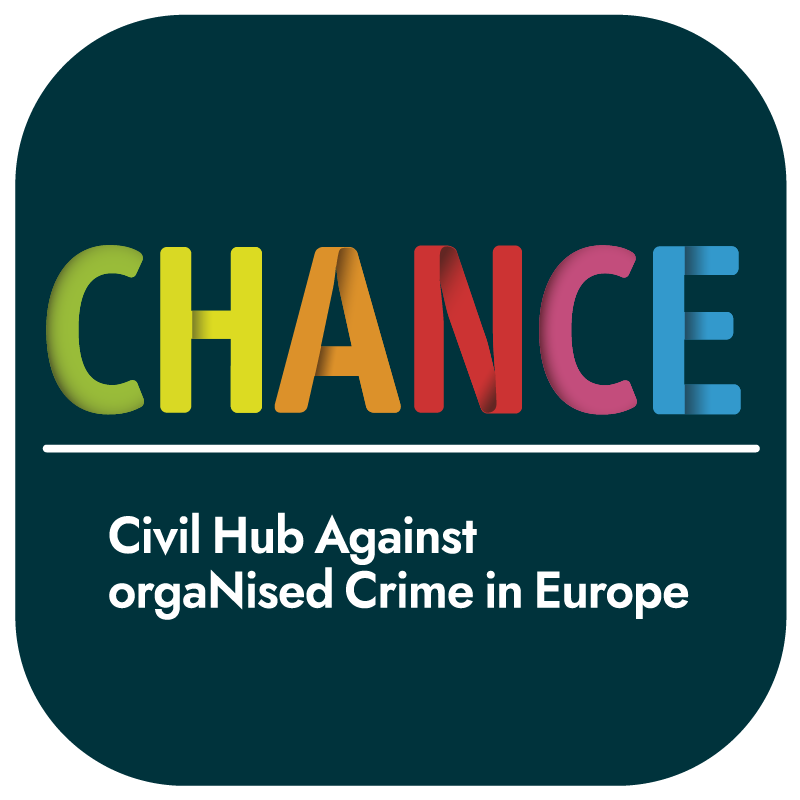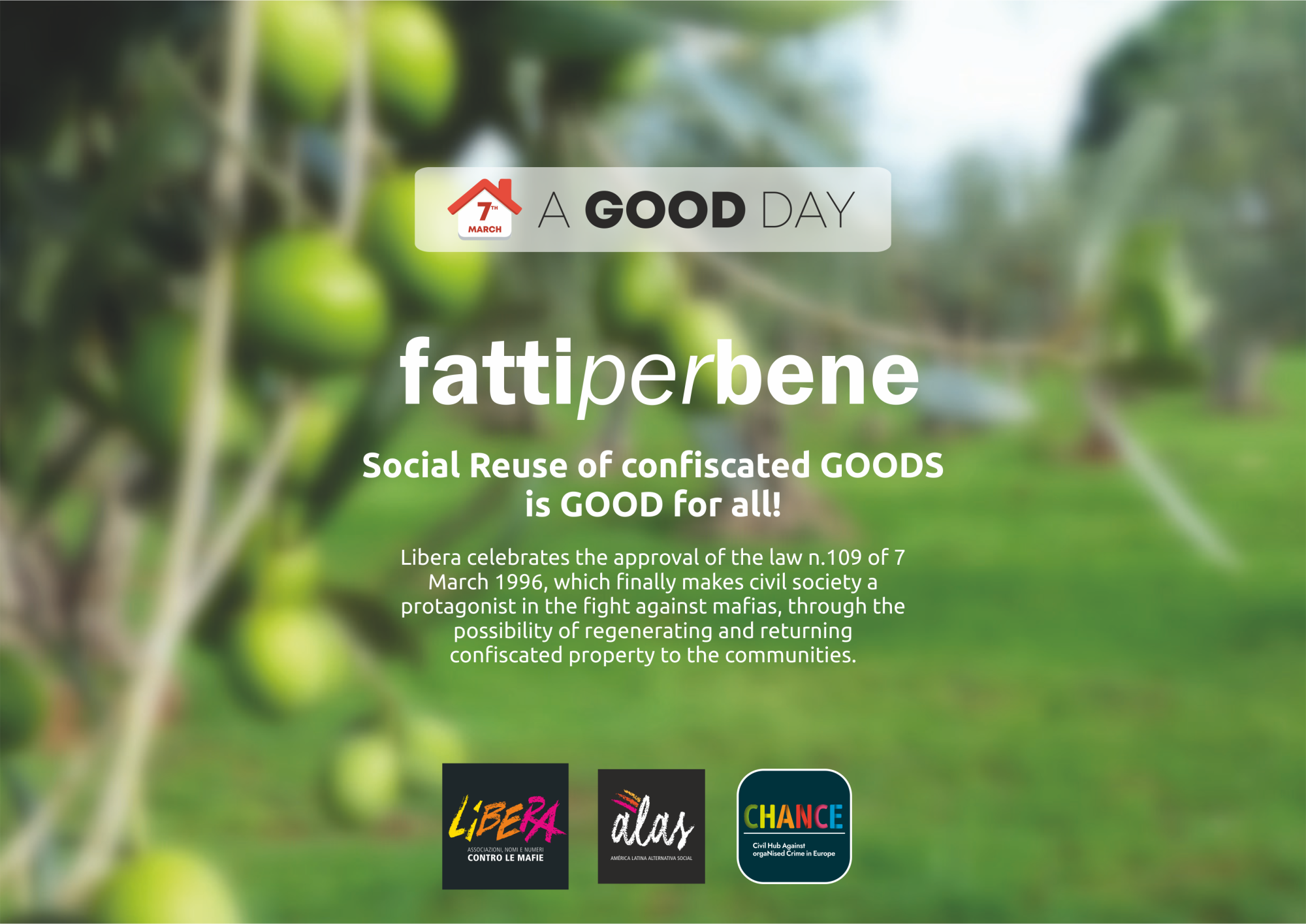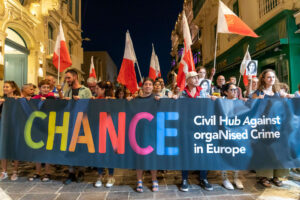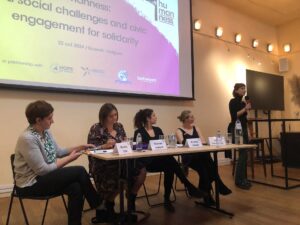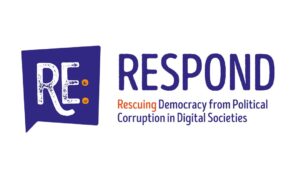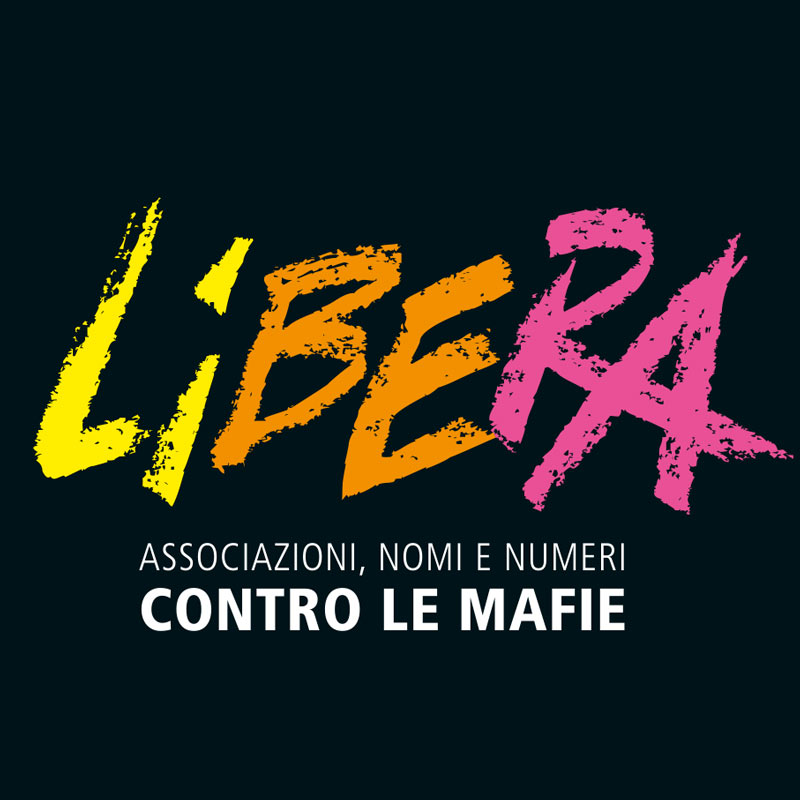Libera together with CHANCE network’s partners for the first time monitored the good practices of confiscated properties in Europe. Seven EU Member States (Belgium, Bulgaria, Spain, Romania, France, the Netherlands and – of course – Italy) have launched experiences of social reuse of assets confiscated from mafias and organised crime. In total, there are 13 experiences of public and social reuse across the EU, excluding Italy: three in Spain, two in Romania, two in Bulgaria, four in Belgium, one in France and the Netherlands. Among the different reuse practices included in the mapping, the common feature is the aim of inclusion, cooperative promotion and social economy, youth engagement, services to people, urban regeneration and environmental sustainability. In addition to these countries, there is also Albania, with 6 experiences of public social re-use, activated thanks to international and EU funding.
“Since 7 March 1996, the restitution to the community of wealth and assets removed from criminal organisations has become an opportunity for responsible commitment to the common good,” Libera commented. The ethical dimension of the paths resulting from the experiences of reuse for social purposes can be found, in fact, in the co-responsibility that has transformed those assets from exclusive to common and shared goods. Telling the story of what happens every day on the property confiscated from the mafias means telling the story of the change that is built day after day, with the aim of giving life to new practices of economy and sustainable development.
